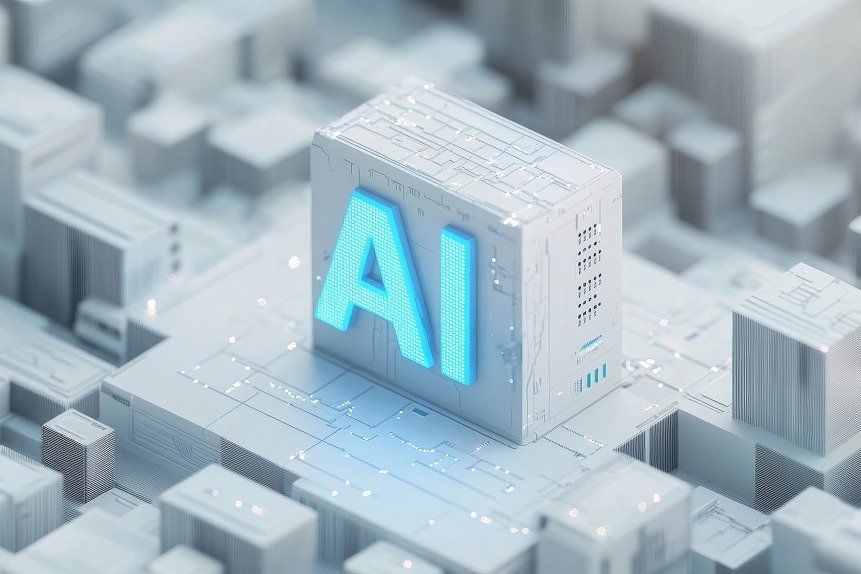Robby Walker, one of Apple’s most senior artificial intelligence executives, is leaving the company, Bloomberg News reported on Friday, citing people with knowledge of the matter.
Walker’s exit comes as Apple’s cautious approach to AI has fueled concerns it is sitting out what could be the industry’s biggest growth wave in decades.
The company was slow to roll out its Apple Intelligence suite, including a ChatGPT integration, while a long-awaited AI upgrade to Siri has been delayed until next year.
Walker has been the senior director of the iPhone maker’s Answers, Information and Knowledge team since April this year. He has been with Apple since 2013, according to his LinkedIn profile.
He is planning to leave Apple next month, the report said. Walker was in charge of Siri until earlier this year, before management of the voice assistant was shifted to software chief Craig Federighi.
Apple did not immediately respond to a Reuters request for comment.
Recently, Apple has seen a slew of its AI executives leave to join Meta Platforms. The list includes Ruoming Pang, Apple’s top executive in charge of AI models, according to a Bloomberg report from July.
Meta has also hired two other Apple AI researchers, Mark Lee and Tom Gunter — who worked closely with Pang — for its Superintelligence Labs team.
Mike Rockwell, vice president in charge of the Vision Products Group, would be in charge of Siri virtual assistant as CEO Tim Cook has lost confidence in AI head John Giannandrea’s ability to execute on product development, Bloomberg had reported in March.
At its annual product launch event last week, Apple introduced an upgraded line of iPhones, alongside a slimmer iPhone Air, and held prices steady amid U.S. President Donald Trump’s tariffs that have hurt the company’s profit.
The event, though, was light on evidence of how Apple — a laggard in the AI race — aimes to close the gap with the likes of Google, which showcased the capabilities of its Gemini AI model in its latest flagship phones.






















